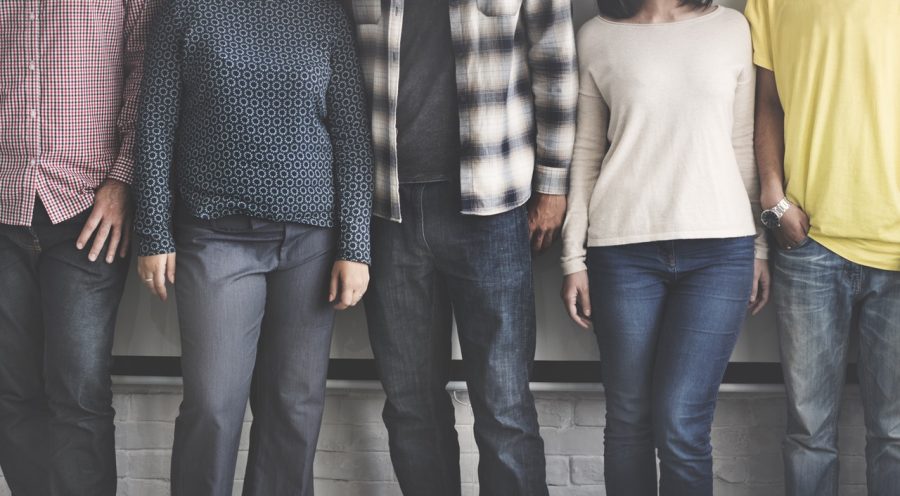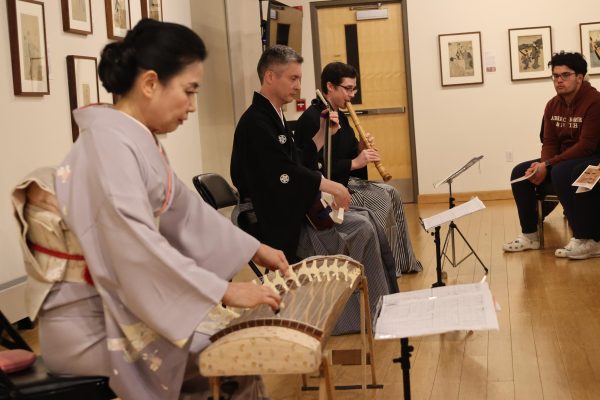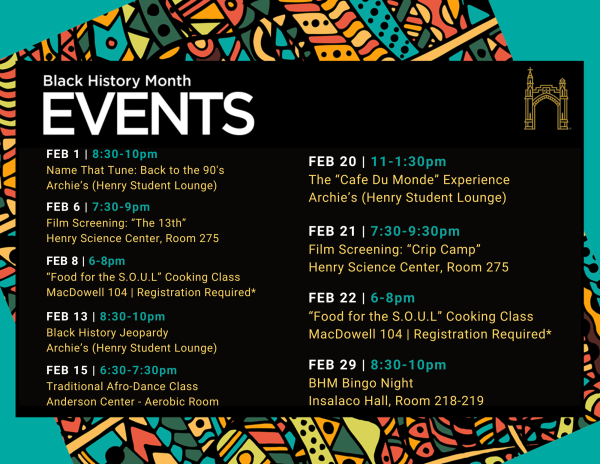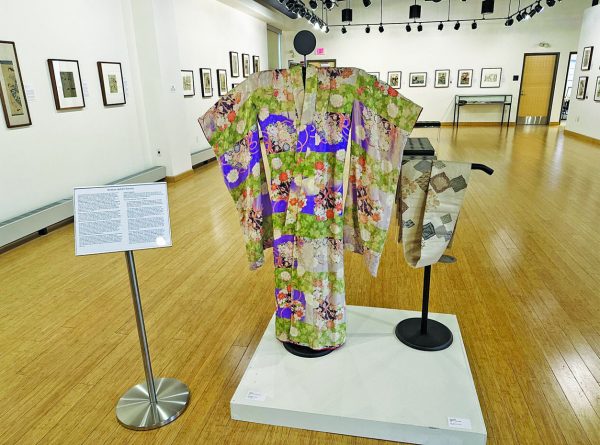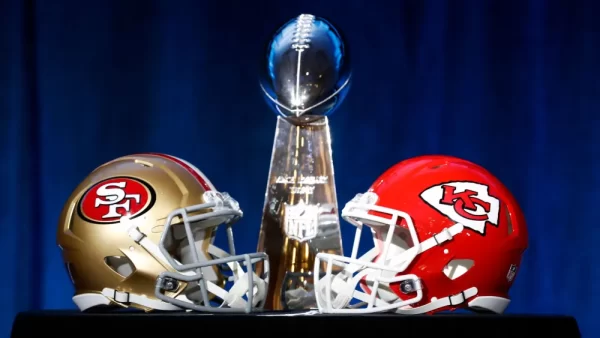Diversity Club Struggling for Membership
February 16, 2017
It’s an “uphill battle.”
That’s how Charmaine Aguilar, the coordinator for the Multicultural club, describes her main goal, which is to make club membership larger and more culturally diverse.
“Clearly when I’m seeing, and looking at the people who attend my meetings, that I still have an uphill battle.”
Aguilar suspects that people might have once perceived that the club to have a clique-like atmosphere.
Since Aguilar took the club’s reigns, she holds events of all types, ranging from barbecues, informative panels and speakers, to culturally-themed cuisine tastings, activities directed at all students.
“I try extra hard to be extroverted, to emphasize to people, that this isn’t a clique-ish type club. It really is open. It’s open so anyone can say, ‘I want to be a part of the club, because I would like to know more about this,’ whether it’s being involved with homelessness week, or wanting to be involved with or know more about Martin Luther King Jr. week, or whatever their curiosity is,” said Aguilar.
Dan Kimbrough, Associate Professor of Mass Communications and Design, and former club advisor, agrees that it’s rough to entice students to get involved.. However he believes lack of participation might be due to broader social perspectives.
“When I started here, there was a diversity club, and diversity has a negative connotation in today’s world, that it’s a dirty thing, and that you’re going in to forced into uncomfortable situations, so we changed it to multicultural club. We wanted it to encompass more then race. So disability, is part of culture, gender is a part of culture, sexual orientation, religion, and class, all these things that are culture.”
He said the refined focus met with another roadblock to implementation: a lack of resources.
“The university hasn’t done a lot to support the club, outside of having a person run it. So there hasn’t been a push to get more involved in what’s happening in that realm,” Kimbrough said.
Kimbrough believes that only good things come from spreading knowledge about cultures, backgrounds, and their similarities.
“When you look at the numbers of the university, there are just more white students on campus then anyone else. So any club that’s going to populate is going to reflect the campus overall. But I think that’s not a bad thing, and I think there’s a lot of curiosity there. I think the students who are not [minorities] who join the Multicultural club, join with the goal of learning about different cultures. But we’ve never been able to get the club to the point where, that’s also what the club was doing,” said Kimbrough.
Aguilar believes that club membership isn’t about race, black, brown, or white. Its about including everyone so everyone is informed about veryone’s backgrounds, cultures and lived experiences.
“I think it’s important to include all people, because everybody is ignorant to some degree, and everybody has stereotypes, to some degree. But not until you put in the word education in there, and share and find similarities do you grown,” said Aguilar.
Kimbrough thinks it’s important to acknowledge race because that is a part of people and their backgrounds.
“I think the label white has to be there. Part of learning about multiculturalism comes down to learning about who individuals are. I’d argue that while, yes, we are all Americans, someone who is Dominican, is different than someone who is black, who is different than someone who is white, is different than someone who is a woman, in our experiences. I want to talk about my experiences in context with someone else’s experience. Talking to myself, I learn nothing,” said Kimbrough.
Club member Chiana Fladger believes the club provides students with a lot of information, and experience that she might not have gotten elsewhere. Fladger also feels that the club helps her to learn more about the world she lives in.
“Being a member of the multicultural club allows me to fulfill the needs of understanding culture. As a member, I am allowed to explore many other cultures other than my own and gain a knowledge of the world around me,” said Fladger.
Fladger said it is important for every race, ethnicity, and background to be included, and educated, because that helps everyone involved to understand each other better.
“These factors play a significant role in how people act in their environment. You have to understand why people react the way they do and be willing to understand it,” said Fladger.
Organizers say they work to the best of their ability to try and make the club’s presence known.
They say their goal is to add members beyond the current 40 students who are involved.
“The office is open to any student. Any student who would like to be involved or doesn’t know how to get involved, get educated, seek awareness, the office is always open,” Aguilar said.

